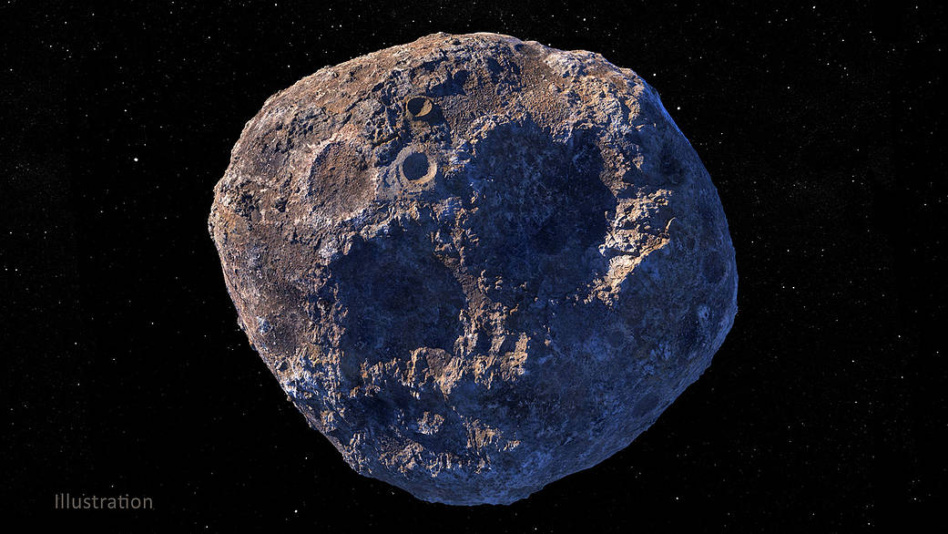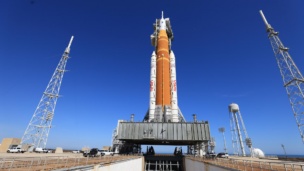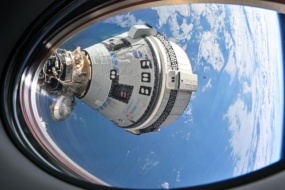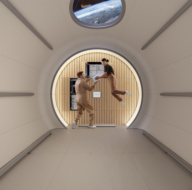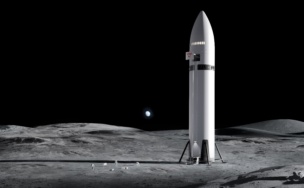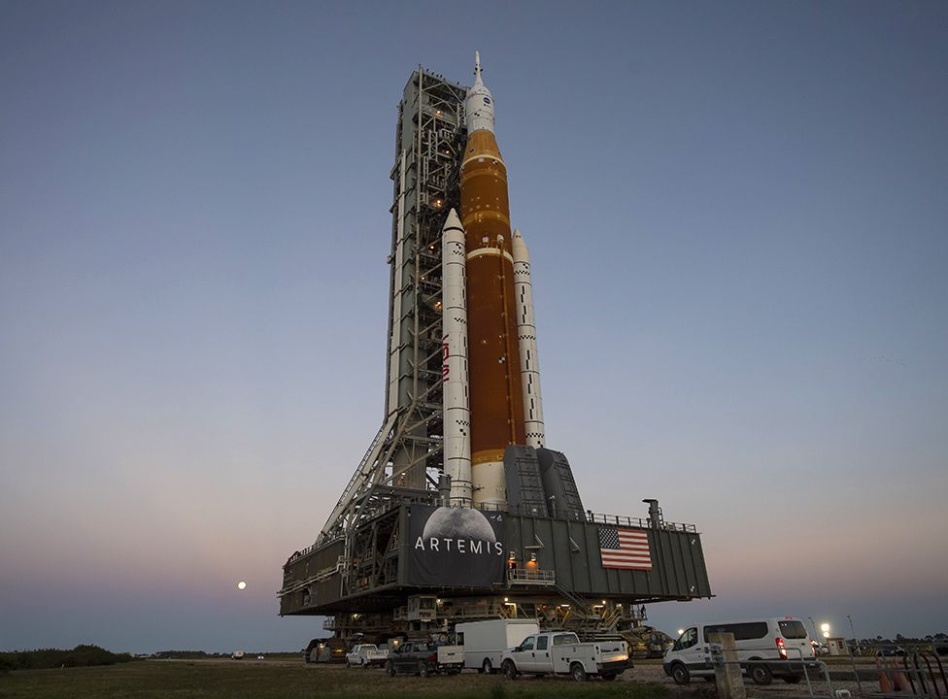NASA has delayed its Psyche mission, which was previously meant to launch on a Falcon Heavy in early August to begin its journey to study the eponymous asteroid.
Another NASA mission, Janus, is hitching a ride on Psyche’s rocket, but the launch delay poses a problem—the two Janus probes may not be able to meet their mission objectives.
Main event: The robotic asteroid probe is destined for Pysche, a metal-rich asteroid. Right now, the spacecraft is undergoing testing and flight preparations at the Kennedy Space Center. NASA scientists identified a potential issue with the probe’s software, and bumped the mission to no earlier than September to give the engineers time to massage out the software kinks.
Collateral damage: The two small, identical Janus probes flying with Psyche aboard the Falcon Heavy rocket were depending on the August launch date to reach their original mission goals. The two spacecraft are headed for two separate pairs of binary asteroids.
- Binary asteroids = two asteroids orbiting one another.
Problem is, the September launch window for Psyche won’t put the Janus crafts on the right trajectory to make their intended four Earth flybys or to reach their original targets. The team overseeing Janus is now looking for alternative destinations that align better with the new launch window.
- Dan Scheeres, principal investigator of Janus, confirmed in a media conference that Janus will still fly alongside Psyche regardless of the changes that may have to be made to the mission to accommodate the new launch dates.
- Visiting different asteroids would still yield some useful information, just at a lower resolution than the original targets.
